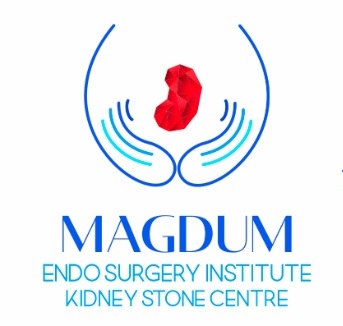What is Portal Hypertension?
Portal hypertension is a health condition where the blood pressure in the portal vein becomes too high. The portal vein carries blood from the stomach, intestines, and other organs to the liver. When this pressure rises, it can cause serious problems. For example, it may lead to swelling, bleeding, or liver damage. Understanding portal hypertension is important because early care can prevent complications. Many people do not notice symptoms at first, so learning about this condition helps you stay alert and healthy.
Common Causes of Portal Hypertension
Several health issues can cause portal hypertension. Most often, it happens when blood cannot flow easily through the liver. This blockage increases pressure in the portal vein. The most common causes include:
In addition, some children may develop portal hypertension due to birth defects. However, adults are more likely to get it from liver diseases.
Recognizing Symptoms
Portal hypertension symptoms can be mild at first. However, as the condition gets worse, you may notice:
Sometimes, people do not feel any symptoms until a serious problem occurs. Therefore, regular check-ups are important if you have liver disease.
How is Portal Hypertension Diagnosed?
Doctors use several tests to diagnose portal hypertension. First, they may ask about your health history and symptoms. Then, they may perform a physical exam. Common tests include:
In some cases, doctors may measure the pressure in your portal vein directly. Early diagnosis helps prevent serious problems, so talk to your doctor if you have risk factors.
Treatment Options
Treating portal hypertension depends on the cause and how severe it is. The main goals are to lower the pressure and prevent complications. Treatment options include:
Doctors may also treat the underlying cause, such as hepatitis or blood clots. With the right care, many people manage portal hypertension well.
Lifestyle Tips and Prevention
While you cannot always prevent portal hypertension, healthy habits can lower your risk. For example, you can:
Additionally, if you have liver disease, follow your doctor’s advice closely. Early action can help prevent serious problems from portal hypertension.
Conclusion
Portal hypertension is a serious condition, but early care makes a big difference. If you notice symptoms or have liver disease, do not wait. Consult a healthcare specialist for personalized advice on portal hypertension. For more information, visit trusted sources like the CDC or WHO.

